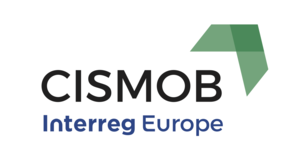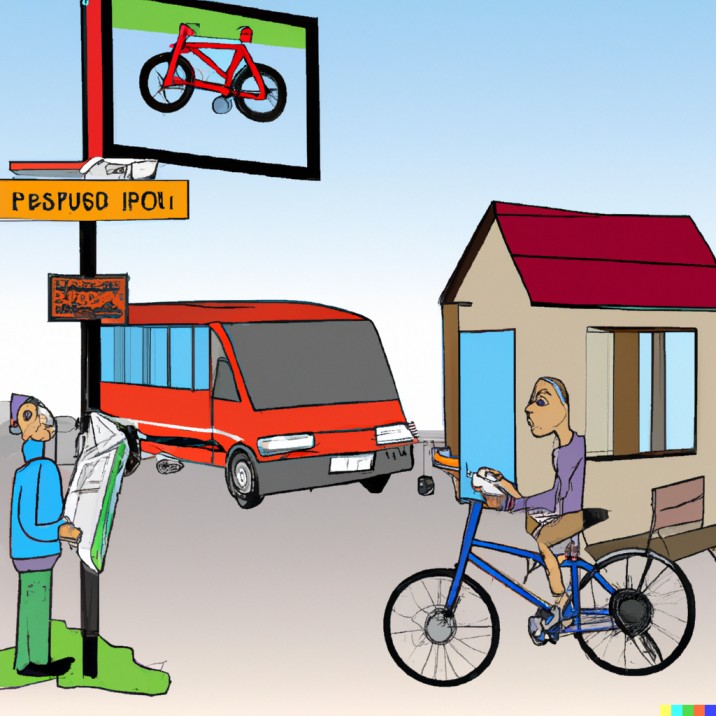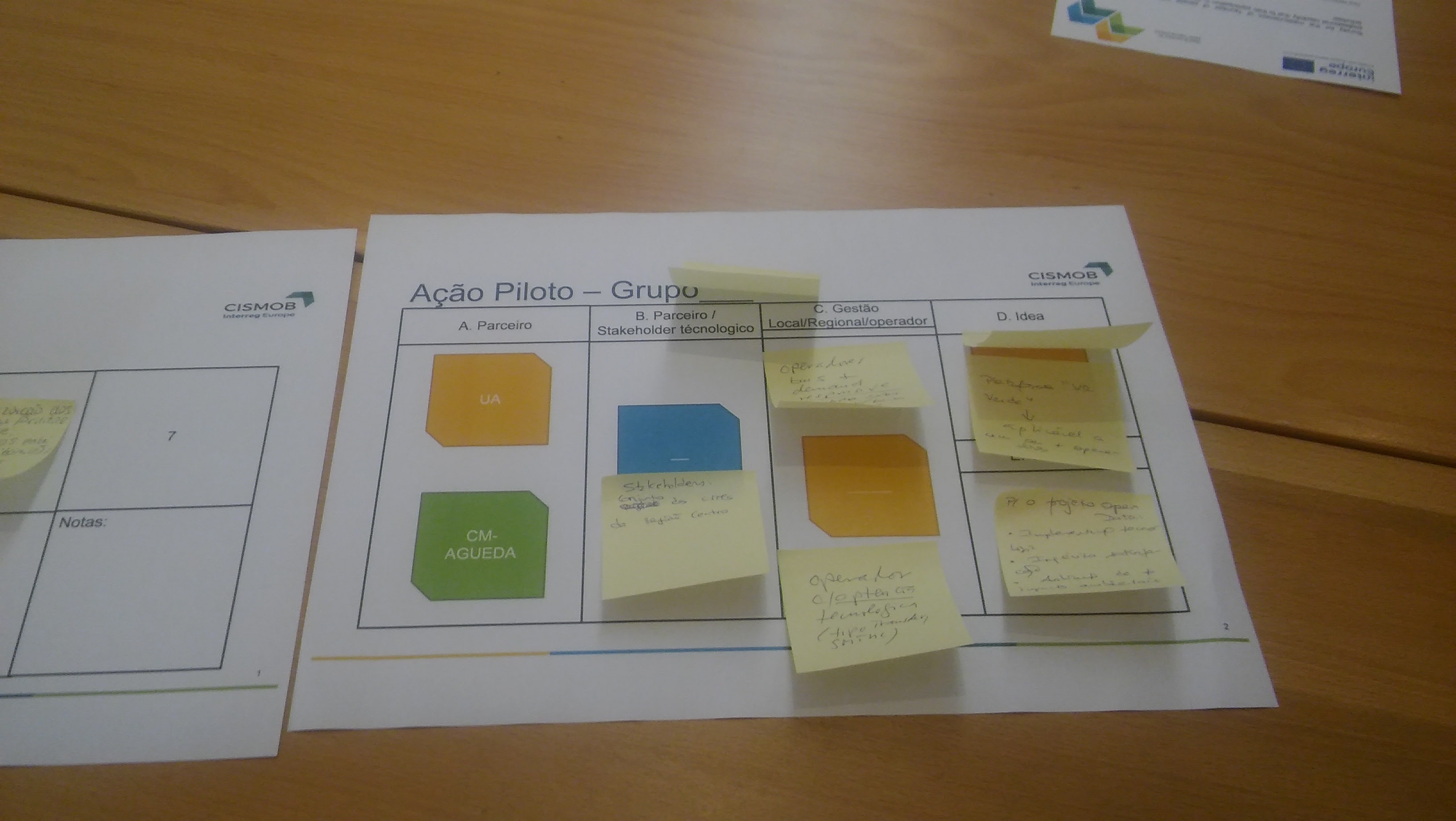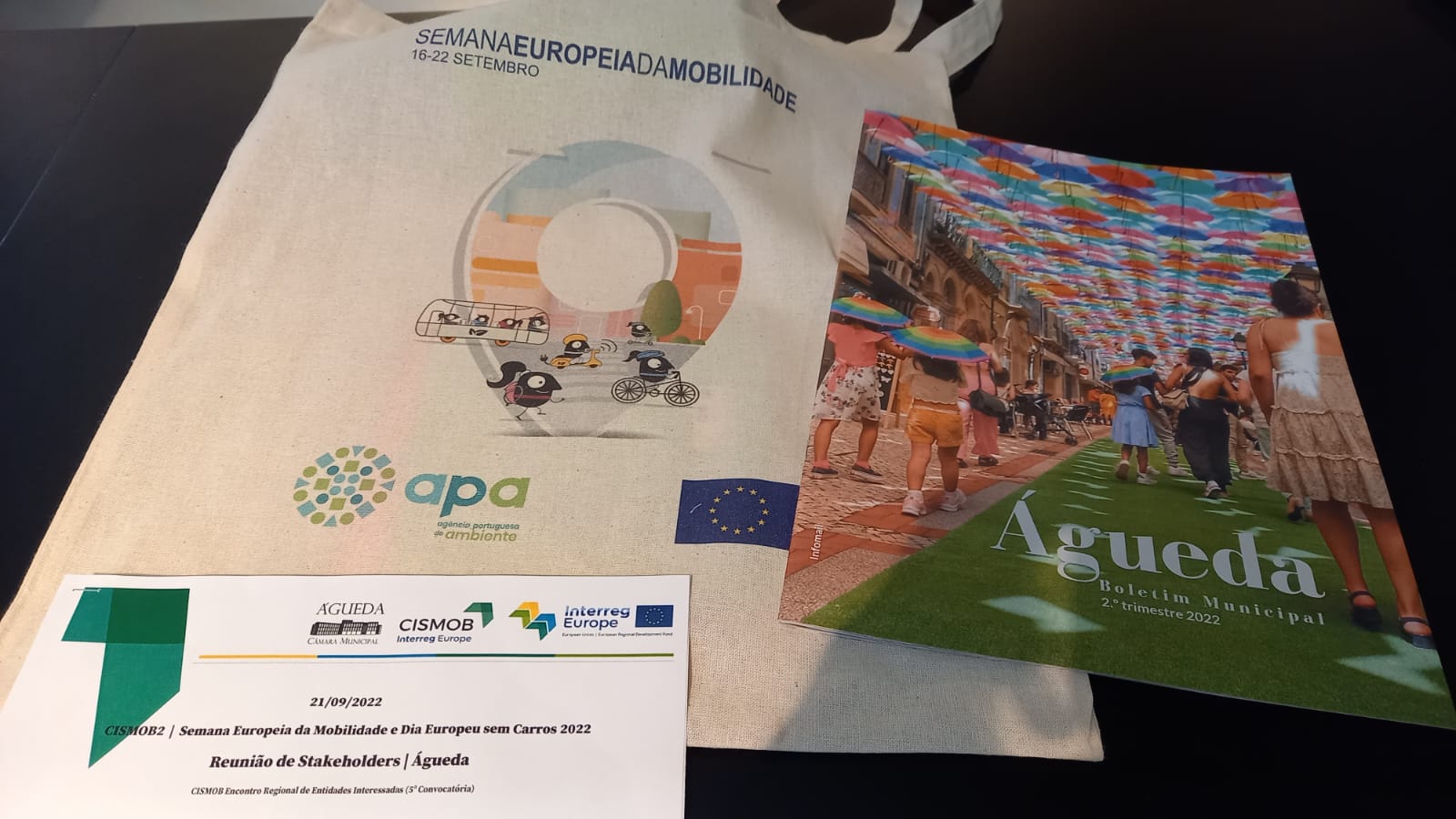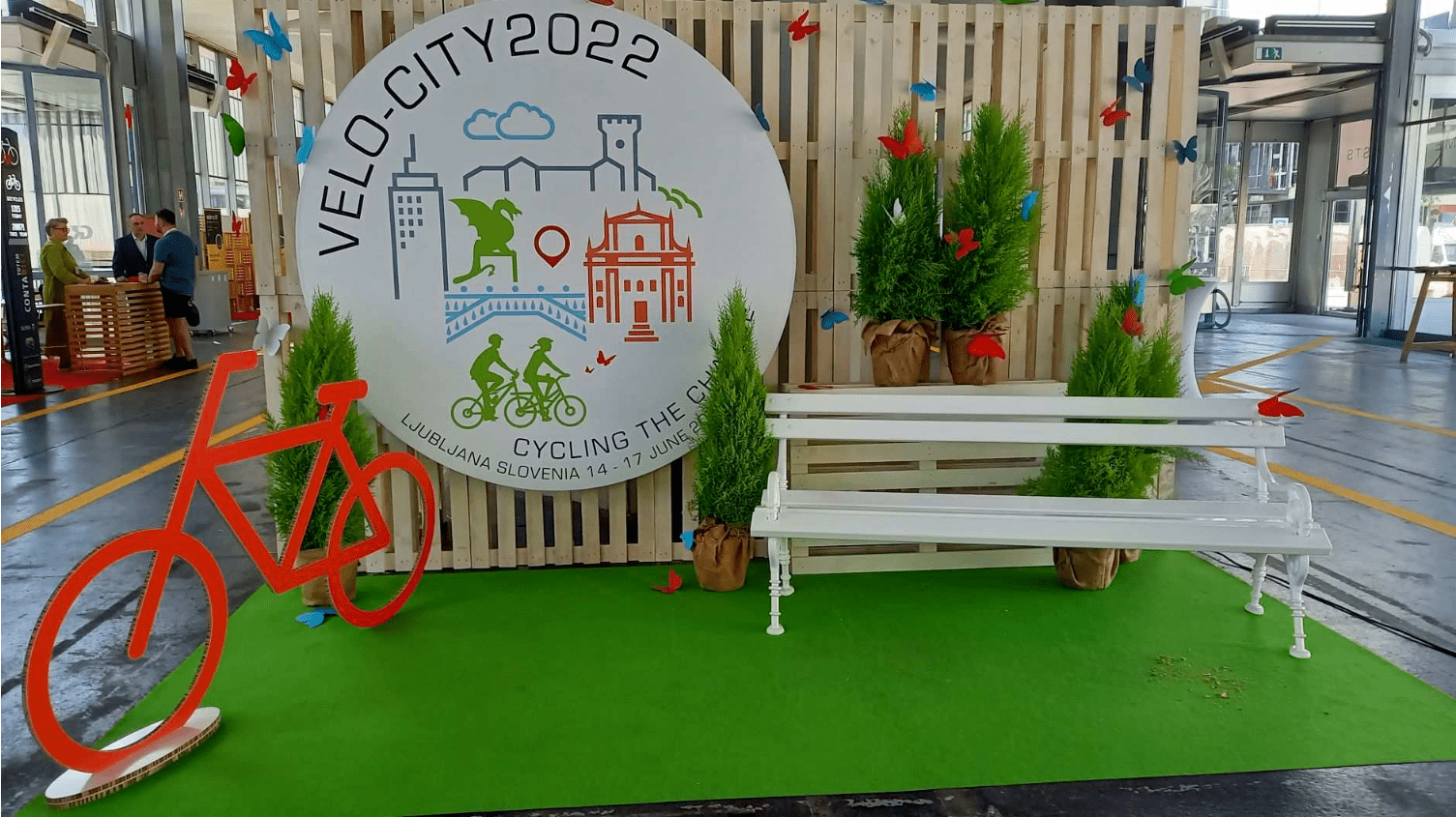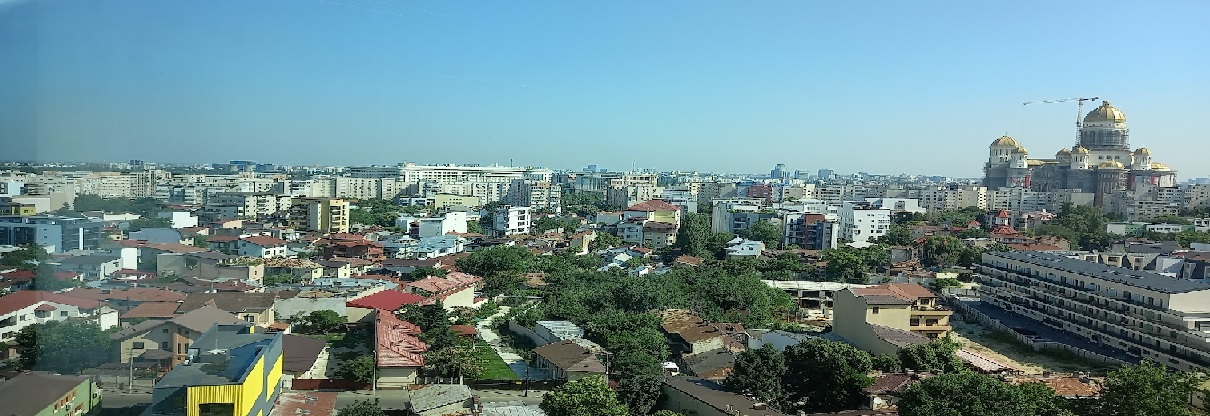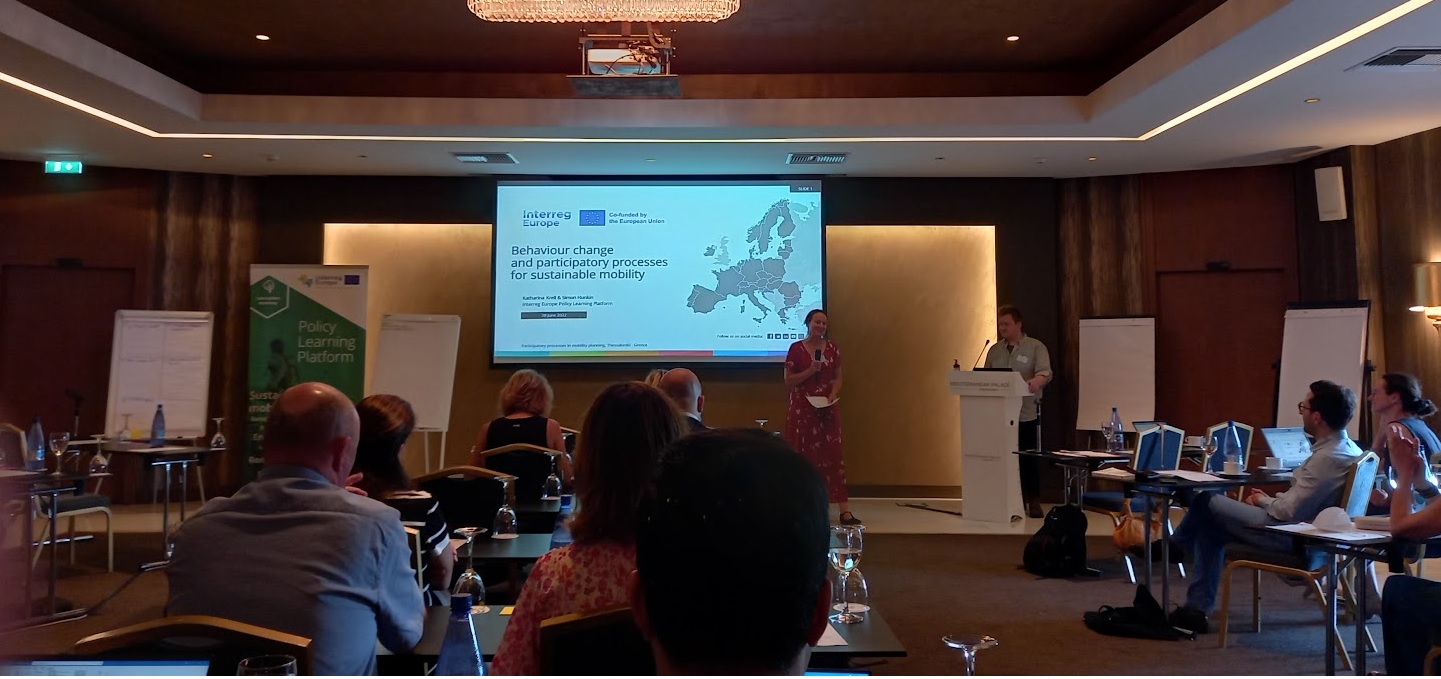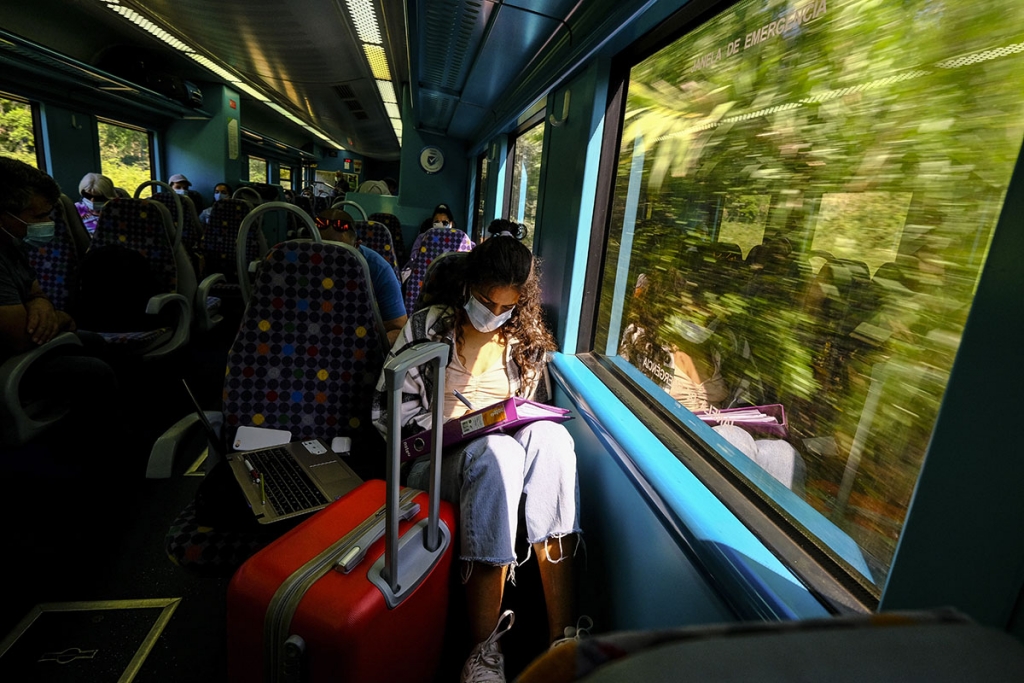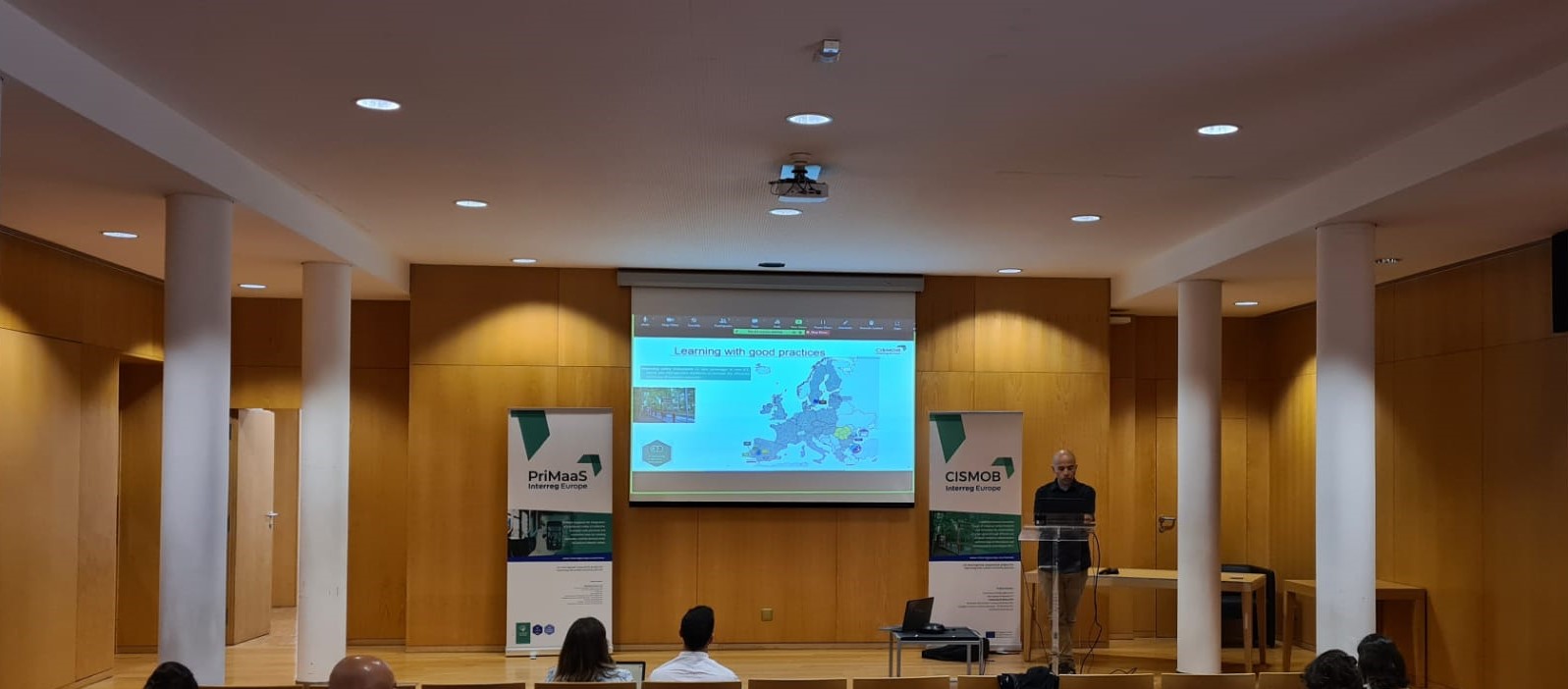As the activities of CISMOB have come to an end, the effects of our learning will continue to persist. The knowledge and experience gained through the project will be carried forward by our partners and stakeholders, contributing to the development of sustainable mobility strategies based on ICT across Europe.
During the last year of activiites (5th call) , and following our 10 Exchange of experience events, CISMOB project partners identified three key mechanisms as useful in response to the COVID crisis: 1) promoting soft modes of transportation, 2) using ICT platforms to promote intermodality, 3) and ensuring accessibility to rural and low-density areas based on low carbon modes
The influence of CISMOB has been noted not only at the policy level but also at the territorial level. In Agueda, Portugal the implementation of the action plan is now visible on the ground, such as the incresed use of soft modes of travel (walking, cycling), suuported multimodal travel planners, new electric bicycles sharing systems and and also new mobility services of collective transport MobeÁgueda.
Following the pilot action on real-time information in the Coenro Region, it was clear that the involvement of all parties is essential for the management of these systems. Thus, we are happy the second public transport concession tender has as a pre-requisite the inclusion of these systems in real-time, highlighting the importance of providing quality information also in rural areas. We hope that the seed sown by the CISMOB project in 2019 will now be a definite reality not only in the case study but also in the remaining lines og the region!
The importnace of On-demand services have been observed in all regions. In Romania, different ICT implementations in public transport, including the development and management of on-demand transport services, will be considered in the upcoming update of the SUMP.
In Extremadura, new changes achieved have been a consequence of the evolution of the Action Plan for Extremadura. The pilot project on Transport on Demand will be replicated in other areas of Extremadura and has been included as good practice for Interreg EU. Additionally, supported by the Sustainable Mobility Plan for Extremadura, the Regional Government of Extremadura is launching several calls for grants that aim to improve the public and private transport fleets.
The County Councils of Badajoz and Cáceres are developing Networks for Electric Vehicles (EV) charging stations that are interoperable with the Portuguese Network for EV charging stations. The Network in Badajoz was completed at the beginning of 2022, meanwhile, the Network in Cáceres will be completed in 2023. These activities are managed by the Regional Government of Extremadura with a budget of about 5M€.
We are confident that the seed sown by the CISMOB project will continue to grow and lead to a more sustainable and efficient transportation system across Europe.
